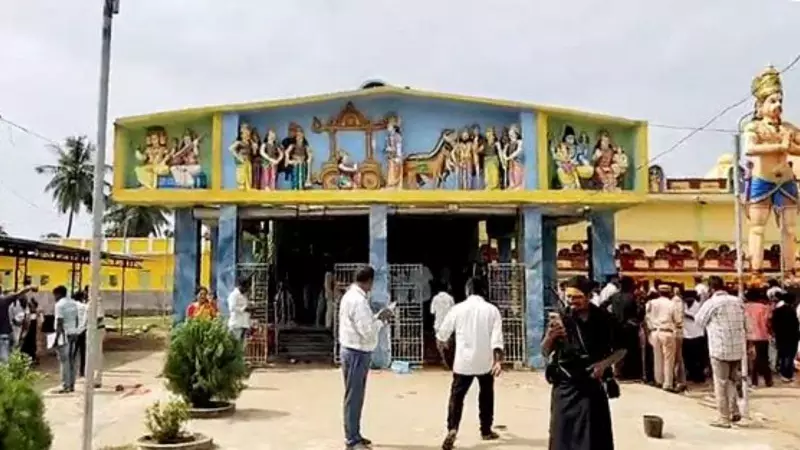
A shocking incident unfolded at one of India's most revered pilgrimage sites as a stampede during a special darshan session left multiple devotees injured and raised serious questions about crowd management protocols.
The Incident That Shook Devotees
During the highly sought-after Arjitha Seva special darshan on Wednesday morning, what began as a peaceful pilgrimage turned into chaos when approximately 15 devotees were injured in a stampede-like situation. The incident occurred around 7:30 AM when the temple doors opened for the special entry program.
Police Take Action Against Temple Management
In a significant development, the Tirupati Urban police have registered a case against the temple owner and management under sections 337 and 338 of the Indian Penal Code, dealing with endangering human life and causing grievous hurt by acts endangering life or personal safety of others.
Eyewitness Accounts of the Chaos
According to temple officials and eyewitnesses, the situation escalated when devotees, who had been waiting since the early morning hours, rushed forward as the gates opened. The sheer volume of pilgrims and the narrow entry points created a dangerous bottleneck that led to the unfortunate incident.
Temple's Response and Medical Assistance
The Tirumala Tirupati Devasthanams (TTD), which manages the temple, immediately responded by providing medical assistance to all affected devotees. Temple authorities confirmed that all injured persons received prompt medical attention and were in stable condition.
Safety Protocols Under Scrutiny
This incident has brought the temple's crowd management strategies under intense scrutiny. The Tirupati temple, which attracts millions of devotees annually, has sophisticated crowd control systems in place, but Wednesday's events suggest potential gaps in execution during peak periods.
Ongoing Investigation and Future Measures
Police authorities have launched a comprehensive investigation into the incident. Temple management has assured devotees that they are reviewing all safety protocols and will implement additional measures to prevent similar occurrences in the future, especially during high-demand darshan periods.





